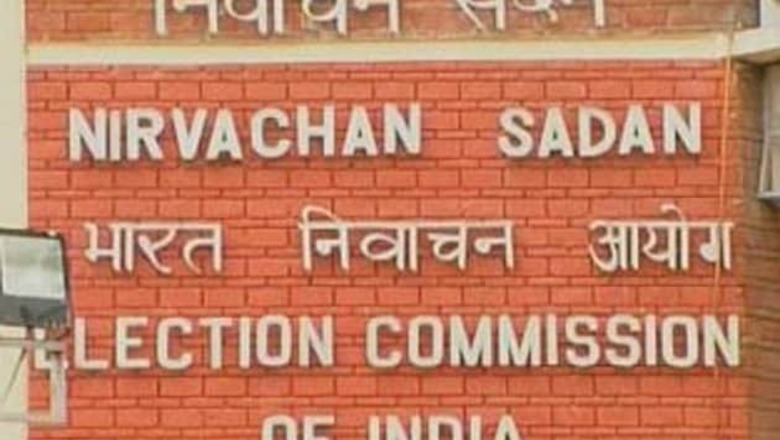
views
New Delhi: A section of the civil society is euphoric about the Supreme Court's verdict on the voters' right to exercise the "none of the above" option while voting during an election. Undoubtedly, it is a landmark judgement.
India is going to be one of the 14 countries, which have this provision. As the apex court of the country says it will cleanse the polluted system and empower voters.
The SC also feels that if the right to vote is a statutory right, right to reject candidates is a fundamental right of speech and expression under the Constitution.
The apex court has also directed the Election Commission to provide 'none of the above options' at the end of the list of candidates in the electronic voting machines (EVMs) and ballot papers to allow voters to reject, those contesting in the polls. The SC wants the Election Commission of India (ECI) to include this option in the next elections.
Well, it is a wonderful decision. But, the SC verdict has many gray areas. There are many unanswered questions:
- The right to reject formalises voters' right to not to vote for any candidate. Instead of not voting, they can register their protest by casting a negative vote.
- The MLAs and MPs already have this option. They can press the button for abstaining during the time of voting in the House.
- But the abstaining won't defeat any bill or bills in the House.
- We don't know what happens, even if more than 50 per cent decide to cast negative vote, the candidate who gets the highest number of eligible votes will sail through. According to verdict, negative voting won't even be counted.
- The vote to reject won't enable the voters to prevent the rejected candidates from getting elected.
- At best, it can be called a formal dissent. It can be embarrassing for the candidates/parties in the fray.
- The SC has not said anything about the percentage of negative vote and it s impact on the election.
- The SC decision can help the people to come to polling booths in large number to cast negative votes.
- Activists hope that the voting percentage will go up in a big way.
According to Aam Admi Party (AAP) chief Arvind Kejriwal this verdict won't help much, unless we amend the Constitution to include the provision of rejecting all candidates, if the negative vote is more than 50% or higher than the winning candidates' votes.
The lawyer for the petitioner, Sanjay Parikh says the SC is silent on this and it won't affect the poll results. The BSP chief Mayawati was one of the first to welcome this verdict. However the CPI (M) leader Sitaram Yechury disagrees with the decision. He said "Neither the SC, nor the election commission participates in the polls. Taking this kind of decision without consulting the political parties is wrong".
Former Chief Election Commissioner and the man who is responsible for the poll reforms T N Sheshan criticised the decision of the SC. He said "In our country, the SC won't make laws. It is not the right thing to do".
The much hyped SC verdict is unlikely to change the system, if it does not answer fundamental questions and suggests a powerful remedy.














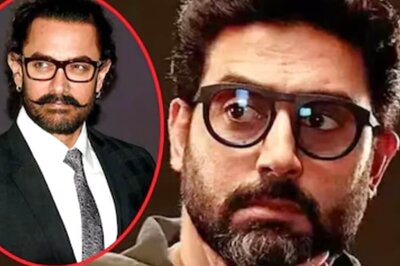
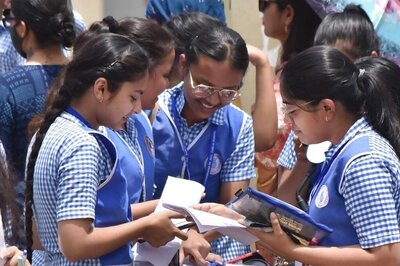
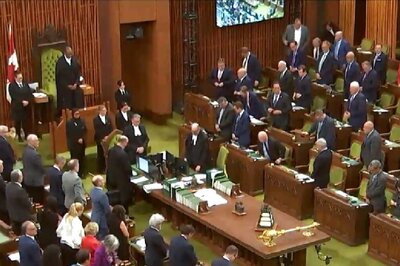
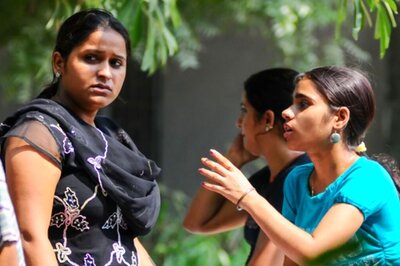
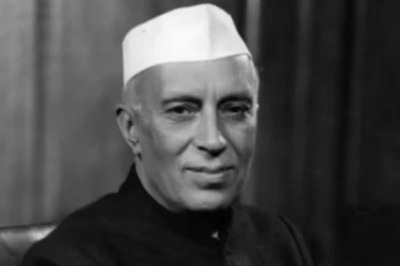

Comments
0 comment